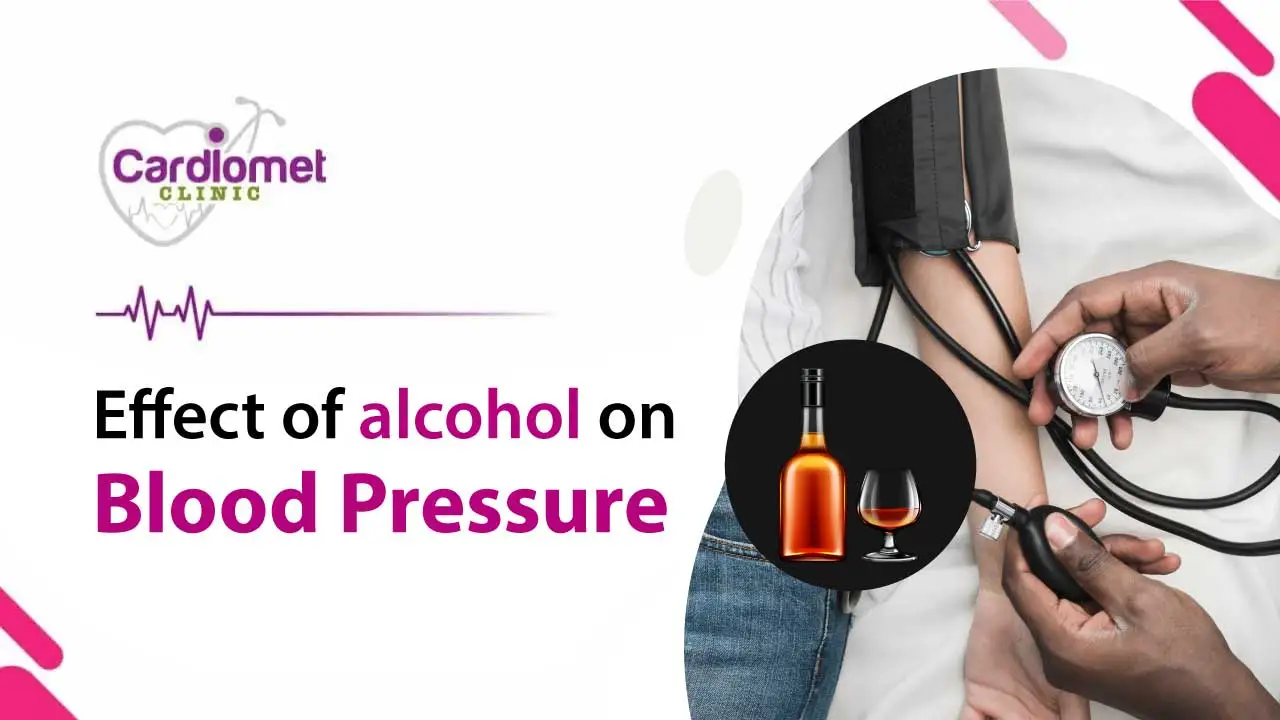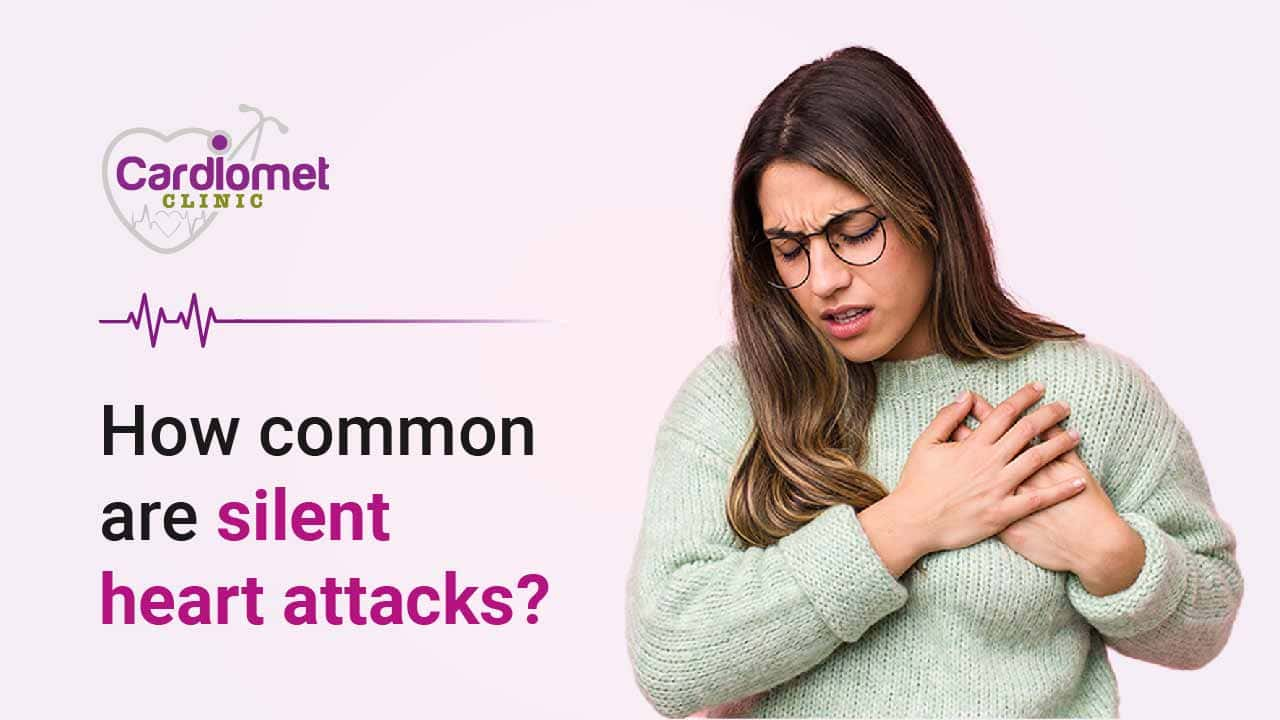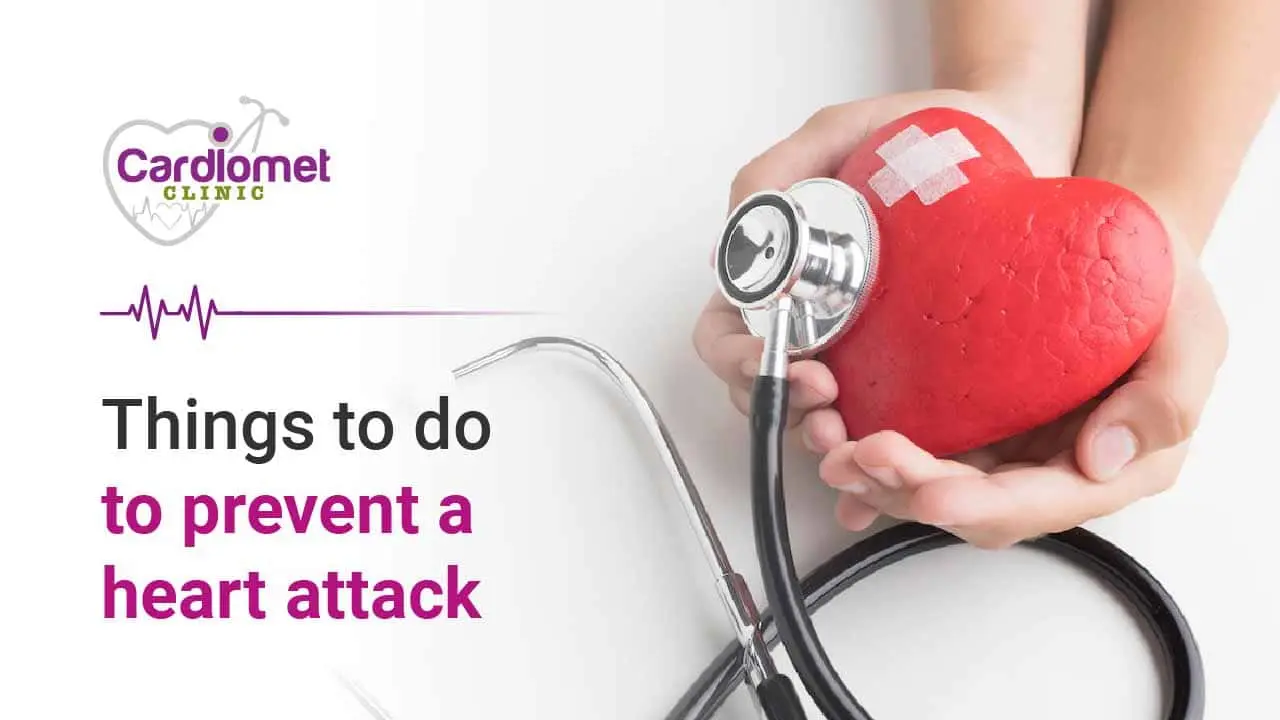Does Alcohol Affect Blood Pressure?
Yes, you still can drink if you have any cardiovascular disease but, ofcourse it is never advised by any doctor. You can Drink Alcohol but at a limit.
What is the limit?
From red wine, beer to spirits, it's important to understand how drinking affects your cardiovascular health. so you can make informed decisions about your own lifestyle.
In this blog post, we'll explore around alcohol use and its impact on both short-term and long-term blood pressure levels, how can we reverse the High BP to normal BP levels & giving you all the information you need to know!


- You can Jump On:
Alcohol & Blood Pressure
When it comes to alcohol's effect on blood pressure, the answer is complicated. Studies indicate that moderate drinking, one drink per day for women and two drinks per day for men may actually help reduce your risk of developing high blood pressure.
This is because the ethanol in alcohol can act as a vasodilator, widening vessels and improving circulation. On the other hand, consuming more than one or two drinks daily has been linked to higher blood pressure levels in both short-term and long-term studies.
It appears that even just a few drinks here and there (binge drinking) can cause an immediate spike in blood pressure, while heavy drinking over time leads to sustained increases in both systolic and diastolic pressure levels.
It's important to note that people with pre-existing hypertension should be particularly careful when drinking alcohol, as their blood pressure is already higher than normal, even just small amounts of alcohol can increase it more.
While moderate drinking may reduce the risk of developing high blood pressure, it won't necessarily reduce existing hypertension. If you have high blood pressure, talk to your doctor about how it could interact with any amount of alcohol consumption.
Ultimately, the effects of alcohol on blood pressure vary from person to person and will depend on many factors including age, gender, amount consumed, and overall health status. The best way to know how it affects you is to monitor your own levels before and after you drink, so that you can make informed decisions about your lifestyle and health.
Also Read : How to keep blood pressure under control?
Why does alcohol raise blood pressure?
Alcohol can cause your blood pressure to increase because it narrows your blood vessels, which makes it harder for the heart to pump blood. In addition, alcohol can increase your heart rate and cause dehydration, which also raises your blood pressure.
Simple.
Excessive alcohol consumption can lead to long-term damage to your heart and cardiovascular system, so it is important to drink in moderation or avoid alcohol altogether if you have high blood pressure.
Also Read : Is Rice Good for High Blood Pressure?
How different heart related organ systems are affected with long term alcohol use?
Long term alcohol use can lead to serious damage to the entire cardiovascular system. The main organs affected are the heart, liver, and kidneys. The heart muscle itself can become weakened due to excessive drinking over time.
This can lead to an enlarged left ventricle (dilated cardiomyopathy), which reduces the amount of blood that can be pumped out of the heart with each beat. When this happens, there is a decrease in blood supply to other parts of the body, such as the brain leading to symptoms like confusion and dizziness.
Long-term heavy drinking has also been linked with arrhythmias (irregular heartbeat) and an increased risk for stroke or heart failure. Heavy drinking can also cause severe damage to the liver, which is responsible for maintaining healthy cholesterol levels and clearing excess fluid from the body.
Finally, long-term alcohol use can also lead to kidney disease. Alcoholic ketoacidosis - a condition where toxic substances build up in the bloodstream - has been linked with acute kidney injury or even complete kidney failure.
How alcohol consumption causes hypertension?
Alcohol consumption can cause hypertension in several ways.
First,
It affects the hormones that regulate blood pressure. Alcohol triggers the release of adrenaline and other stress hormones which can temporarily raise blood pressure. Chronic alcohol use also increases levels of angiotensin-converting enzyme (ACE), a hormone that causes constriction of blood vessels and further raises blood pressure.
Second,
Alcohol impacts how your body processes electrolytes like sodium and potassium, which are needed to maintain healthy water balance in your cells. When these electrolytes become imbalanced, fluid builds up in the bloodstream leading to an increase in overall volume and pressure within your arteries.
Finally,
Excessive drinking over long periods of time has been linked with higher levels of visceral fat — which is stored around your internal organs. Causing inflammation in the body, leading to increased blood pressure. In short, drinking too much alcohol can lead to a variety of health problems including hypertension.
Can High BP due to Alcohol be Reversed?
Yes, High Blood Pressure due to Alcohol Use is reversible.
The most important thing you can do is to reduce or cut out alcohol consumption altogether. (If you are having difficulty cutting back on your drinking, speak with your doctor about strategies for reducing your intake.)
Making healthy lifestyle changes such as getting regular exercise, following a healthy diet, not smoking and maintaining a healthy weight will help lower blood pressure levels naturally. In some cases it may take several weeks or months of abstinence from alcohol before blood pressure levels return to normal.
But with patience and dedication to lifestyle changes, reversing high blood pressure is possible.
How long does it take for blood pressure to get back to normal after quitting alcohol?
It generally takes one to three weeks for blood pressure to return to normal levels after quitting alcohol.
During this time, the body slowly removes the toxic substances and starts to repair and strengthen blood vessels. This process can take up to several months depending on the severity of consumption.
Takeaway
Blood pressure levels are affected by many factors, and drinking excessive amounts of alcohol can lead to hypertension. High blood pressure due to alcohol use is reversible with abstinence from alcohol and lifestyle changes.
It generally takes one to three weeks for blood pressure to return to normal levels after quitting alcohol. This process can take up to several months depending on the severity of consumption.
If you have high blood pressure or are at risk for developing it, talk to your doctor about how alcohol consumption may affect you and what steps you need to take to keep yourself healthy.




